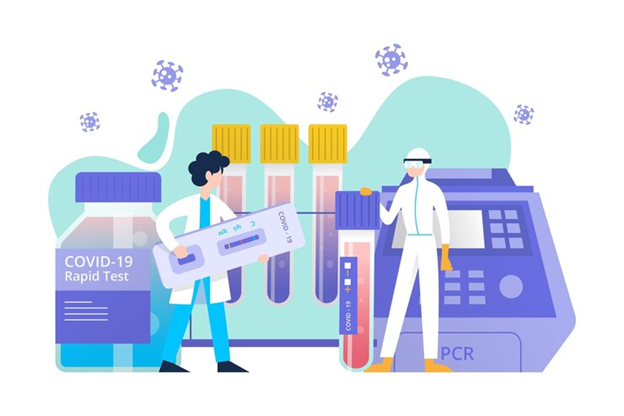Exploring the Science Behind CBD Tinctures and Their Effects

Understanding the science underlying CBD tinctures and how they function in the body is crucial. We will examine the scientific underpinnings of CBD tinctures by CBDfx in this article, as well as how they affect the body’s endocannabinoid system (ECS) and other physiological functions.
Science Behind CBD Tinctures
The Endocannabinoid System (ECS)
In order to comprehend how CBD tinctures function, it is first necessary to examine the ECS. The endocannabinoid system (ECS) is a complex network of:
- Receptors
- Enzymes
- Endocannabinoids
that aids in the regulation of a number of physiological processes, including mood, pain perception, immunological response, and more. As a result of its interactions with the ECS, CBD may help maintain homeostasis and balance.
Hemp Plants
Cannabidiol, or CBD as it is often known, is one of the numerous cannabinoids that are present in hemp plants. CBD interacts with the cannabinoid receptors CB1 and CB2 most prominently in the ECS.
Although CBD does not bind to these receptors directly, it modifies their activity, which has a variety of impacts on different parts of the body. CBD has the ability to generate a variety of health advantages through affecting the ECS.
Impacts on Inflammation
One of the main impacts of CBD tinctures is that they may have anti-inflammatory capabilities. The body’s normal response to injury or illness is inflammation, but persistent inflammation can lead to a number of health problems. Inflammation and immune response receptors interact with CBD, potentially decreasing inflammation and relieving related symptoms.
Pain management
CBD tinctures are known to have possible analgesic properties. As a result of its interactions with pain receptors, CBD may lessen the transmission of pain signals and offer relief. Due to this, CBD tinctures are a well-liked option for people looking for all-natural pain relief methods.
Effects on Anxiety and Mood
CBD has demonstrated potential for easing anxiety and elevating mood. It affects the release of neurotransmitters that contribute to anxiety and stress by interacting with mood-regulating receptors including serotonin receptors. CBD tinctures may support general mental health and assist people in managing daily challenges.
Neuroprotective Qualities
A growing body of research indicates that CBD could have neuroprotective qualities. It has been researched for its advantages in treating ailments including epilepsy and neurodegenerative illnesses. The way that CBD interacts with the ECS and other brain receptors may assist to safeguard neurons and promote mental wellness. These results indicate encouraging potential for CBD tinctures in neurological health, while more study is required.
Non-Psychoactive:
The non-psychoactive nature of CBD tinctures is a crucial feature. In contrast to THC, another main cannabinoid included in cannabis, CBD does not result in a “high” or affect a person’s mood. Only minute levels of THC (less than 0.3%) are present in CBD tinctures made from hemp plants, guaranteeing that they have no psychoactive effects.
Conclusion
CBD tinctures provide a viable way to investigate the possible medical advantages of CBD. CBD tinctures may have effects that are anti-inflammatory, analgesic, anxiolytic, mood-enhancing, and neuroprotective due to its interactions with the ECS and other receptors in the body. We can appreciate the potential of CBD tinctures and make wise decisions about whether to include them in our health routines by being aware of the research behind them.






